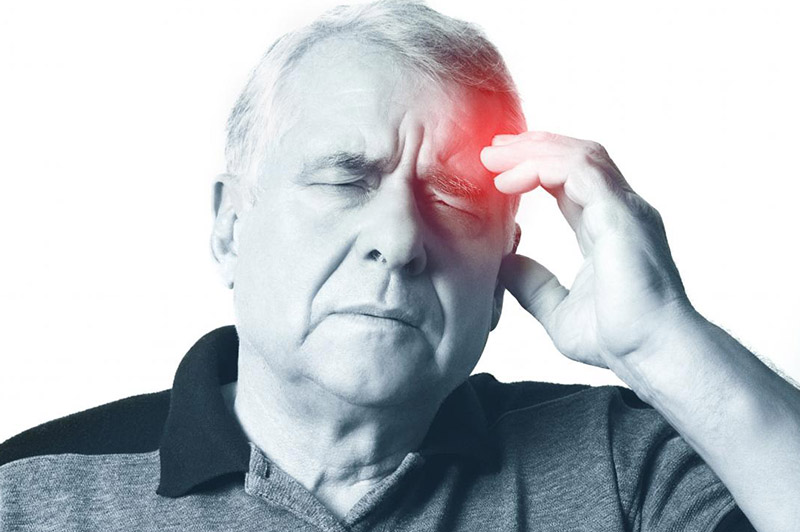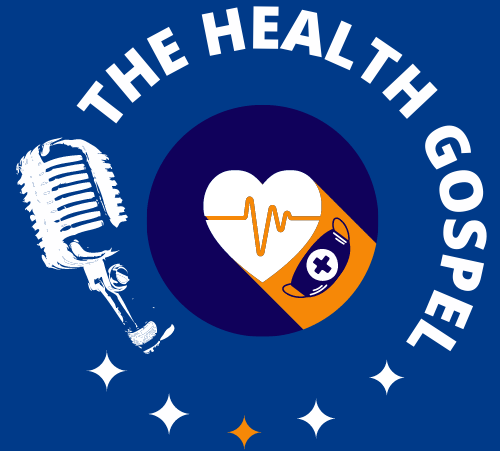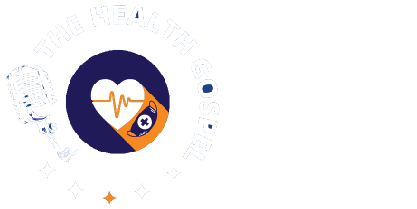
STROKE SERIES 2
Who is at risk of having a stroke?
Last week we started the stroke series where we discussed the burden of stroke and its types. Strokes may affect both the young and elderly. Most people who attribute it to a
spiritual attack do so because of the sudden nature of symptoms of a stroke.
A stroke occurs when there are one or more risk factors and these are also called causes.
The time you note the symptoms is not when the process started. The process that makes a
blood vessel either get blocked (ischaemic stroke) or rupture (hemorrhagic stroke) starts weeks, months, or years before the onset of stroke.
This article will highlight the conditions that can place you at risk of having a stroke. The causes are classified as those that can be treated or avoided and those that cannot be
avoided.
UNAVOIDABLE RISK FACTORS FOR STROKE
Age
Risk increases with age because your blood vessels become harder as you age, and can burst or get blocked easily. After all, they lose their ability to expand. This means that they
become less elastic. There is nothing you can do about getting old, it’s a path you must all follow if you live long.
Race
Africans are at higher risk of stroke because of certain genes that expose them to blood vessel disease. You may change your complexion and citizenship but that won’t change your genes.
Gender
Men are at higher risk than females. Researchers attribute this to differences in sex hormones. Other lifestyle habits such as alcohol intake and tobacco smoking in men also
contribute to this.
Previous stroke
An individual who has had a stroke in the past has a higher chance of another stroke either in the same or a different part of the brain.
TREATABLE/AVOIDABLE RISK FACTORS FOR A STROKE
Hypertension
Hypertension is the most common risk factor for a stroke, particularly among Africans. The number of people who have hypertension has been on the rise in the last 30 years. In Nigeria, it is estimated to be as high as 4 out of 10 adults, one of the highest rates in the world. Nowadays, people as young as 30 years have hypertension. The cause of this is
perhaps a change to a westernized diet, sedentary lifestyle, and other harmful habits.
Diabetes Mellitus
Diabetes increases the risk of stroke, particularly the ischaemic type. More so, the risk is
higher with poor blood glucose levels. Read more about diabetes here.
Abnormally high lipids in the blood
High cholesterol levels increase the risk of stroke as it contributes to the blockage of blood vessels. Regular consumption of highly processed fatty foods will increase the lipid levels in your blood. This can be prevented by avoiding such foods and taking drugs that can bring
down your blood cholesterol levels.
Heart problems
Heart problems such as irregular heartbeat (atrial fibrillation), heart failure, heart muscle disease (cardiomyopathy), disease of heart valves, and other heart diseases can cause a stroke if not properly treated. A diseased heart encourages the clotting of blood inside the heart.
When the heart pumps out blood, the clotted blood is pumped out as well, blocking blood vessels in the brain to cause a stroke.
Smoking
Smoking cigarettes can cause your blood to become thicker than it should be and can also damage your blood vessels. When blood begins to clot inside your blood vessels it can block smaller blood vessels and cause a stroke. This includes cigarettes, shisha, and e-cigarettes as they all contain similar chemicals that destroy your blood vessels, thereby increasing their risk of rupture.
High alcohol consumption
Alcohol consumption greater than 2 to 3 drinks in a week can put you at a higher risk of either stroke type.
Obesity
Putting on weight in your upper body( central obesity) raises your chances of having a stroke because this pattern of weight gain increases your risk of developing hypertension, and diabetes.
Unhealthy diet
Scientists have observed that regularly eating red meat, a low intake of green leafy vegetables, regular sugar consumption, and adding extra salt at the table are risk factors for a stroke.
Physical inactivity
It is imperative that all adults are involved in physical activities such as brisk walking, running, or playing a sport at least 3- 4 times a week. This is irrespective of your size- overweight, obese, or slim.
Other conditions that can place you at risk include infection such as HIV, illicit drug abuse such as cocaine amphetamine, etc., and blood diseases such as sickle cell disease. This is not an exhaustive list of course, but the most common causes of stroke are outlined above.
The next article in this series will outline how to recognize the symptoms of stroke and what
you should do when you observe the symptoms.







